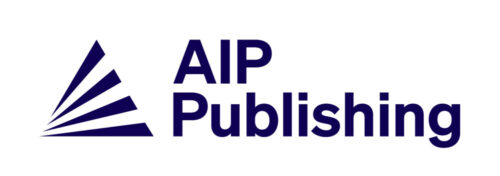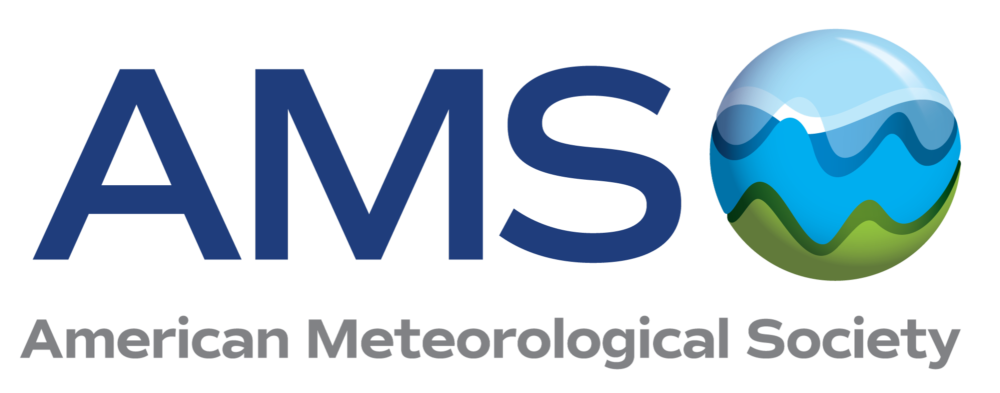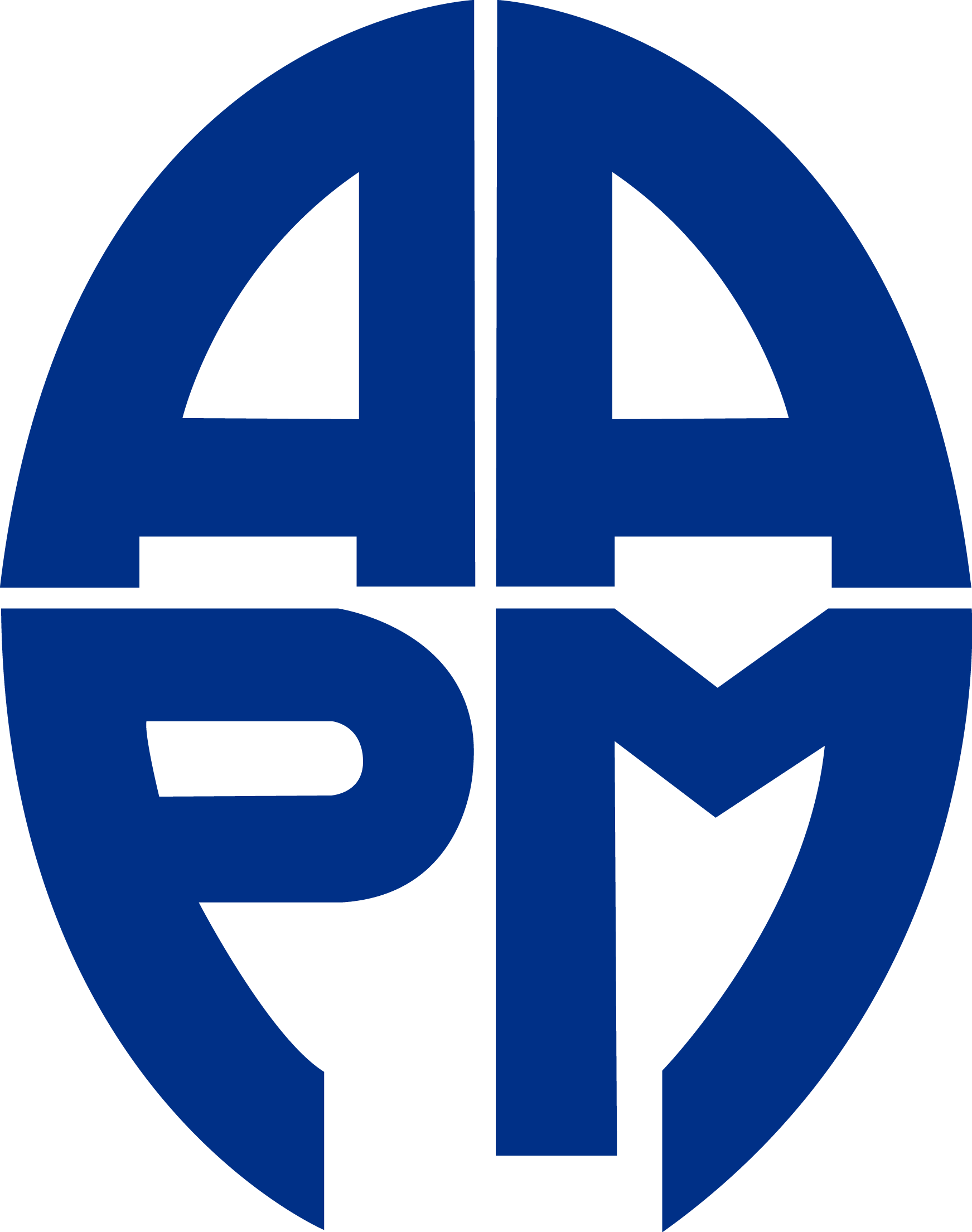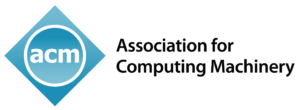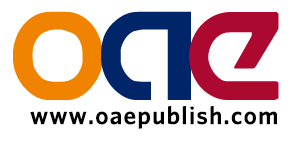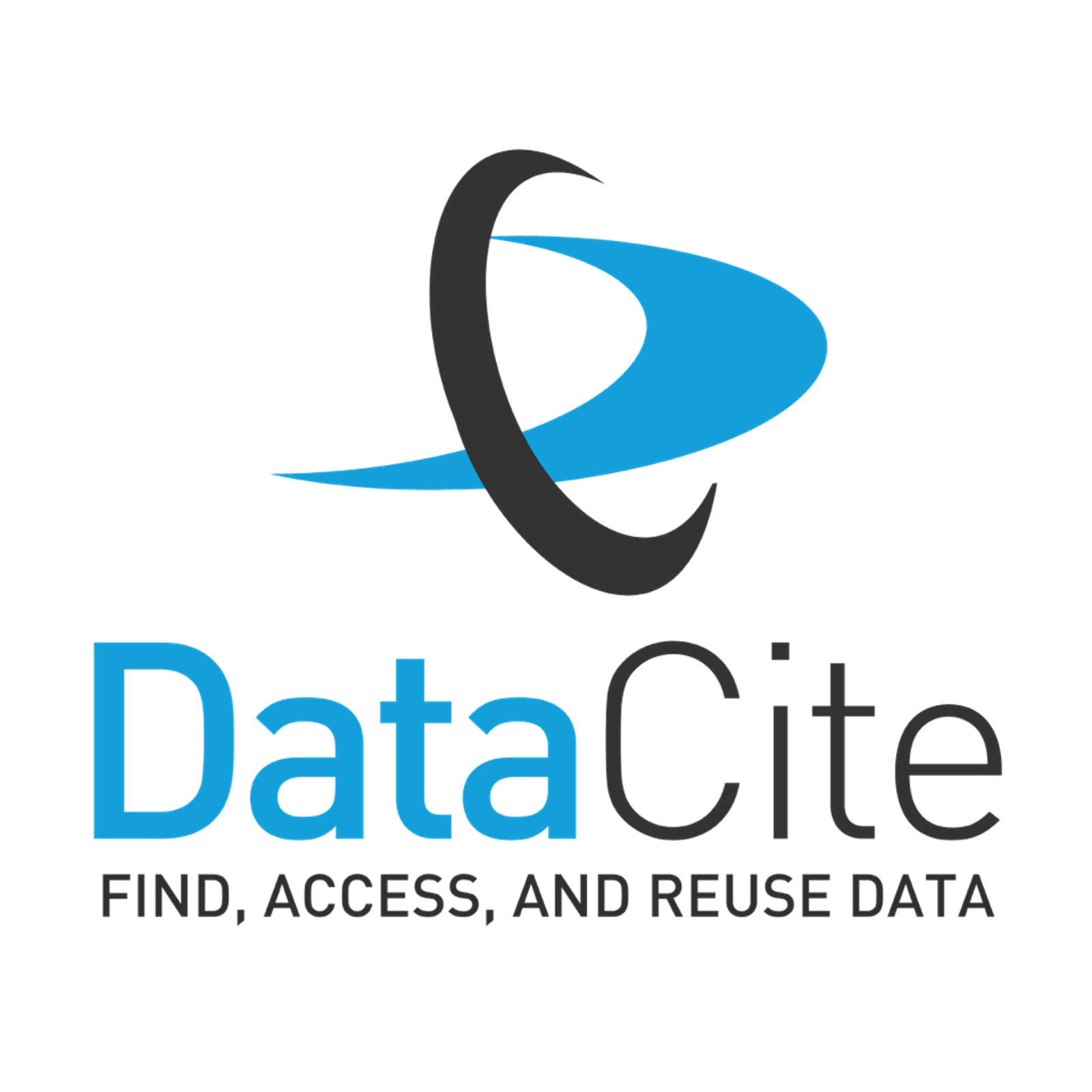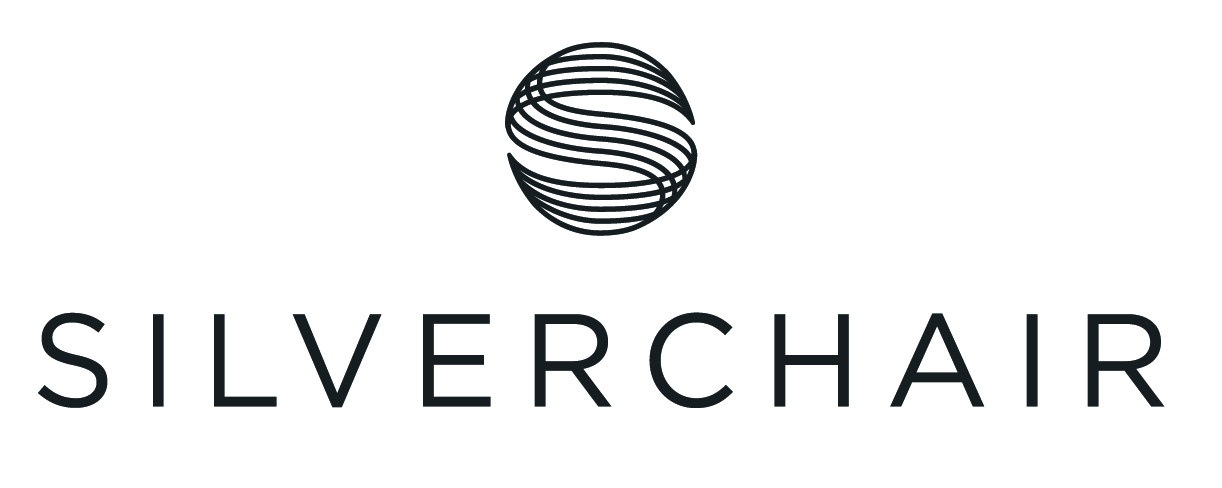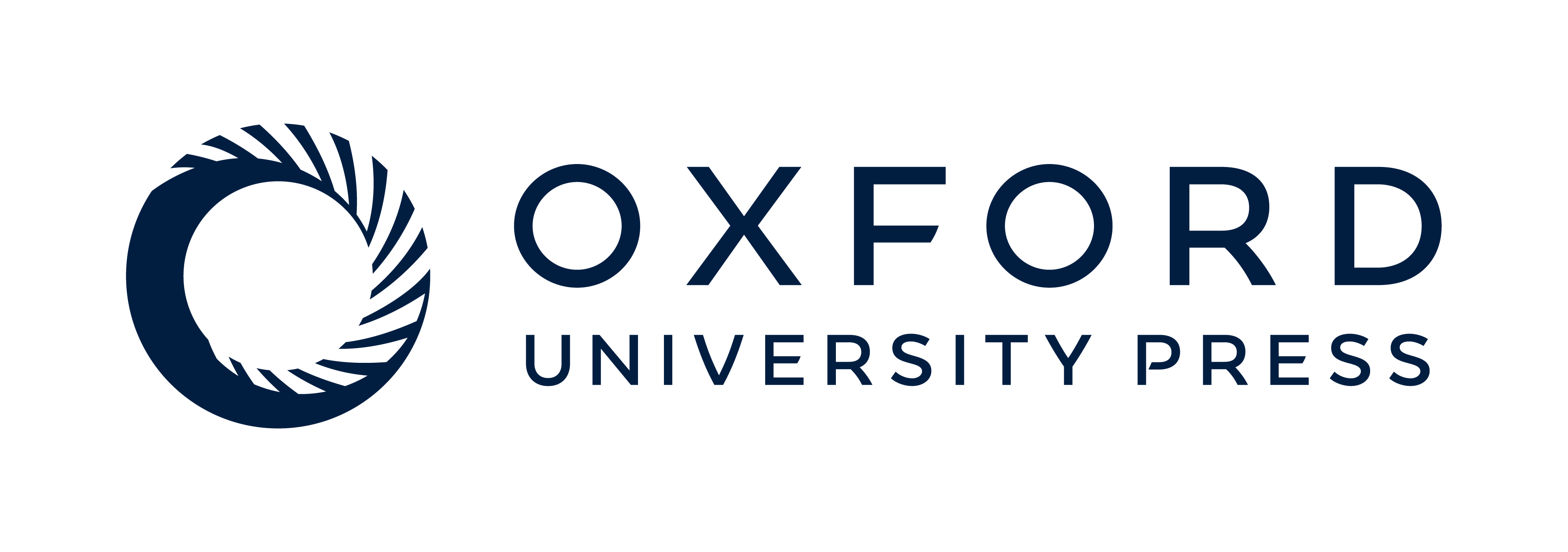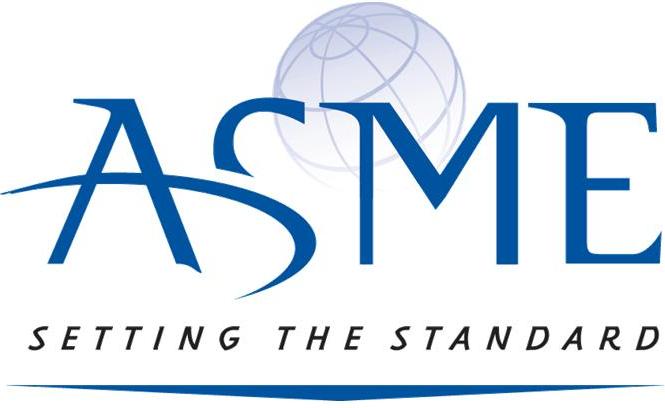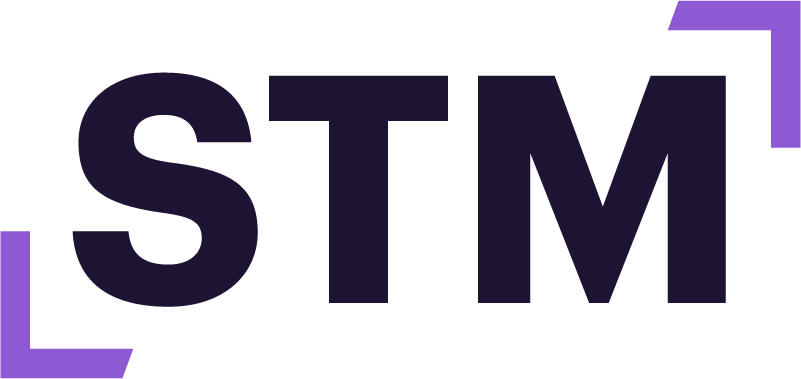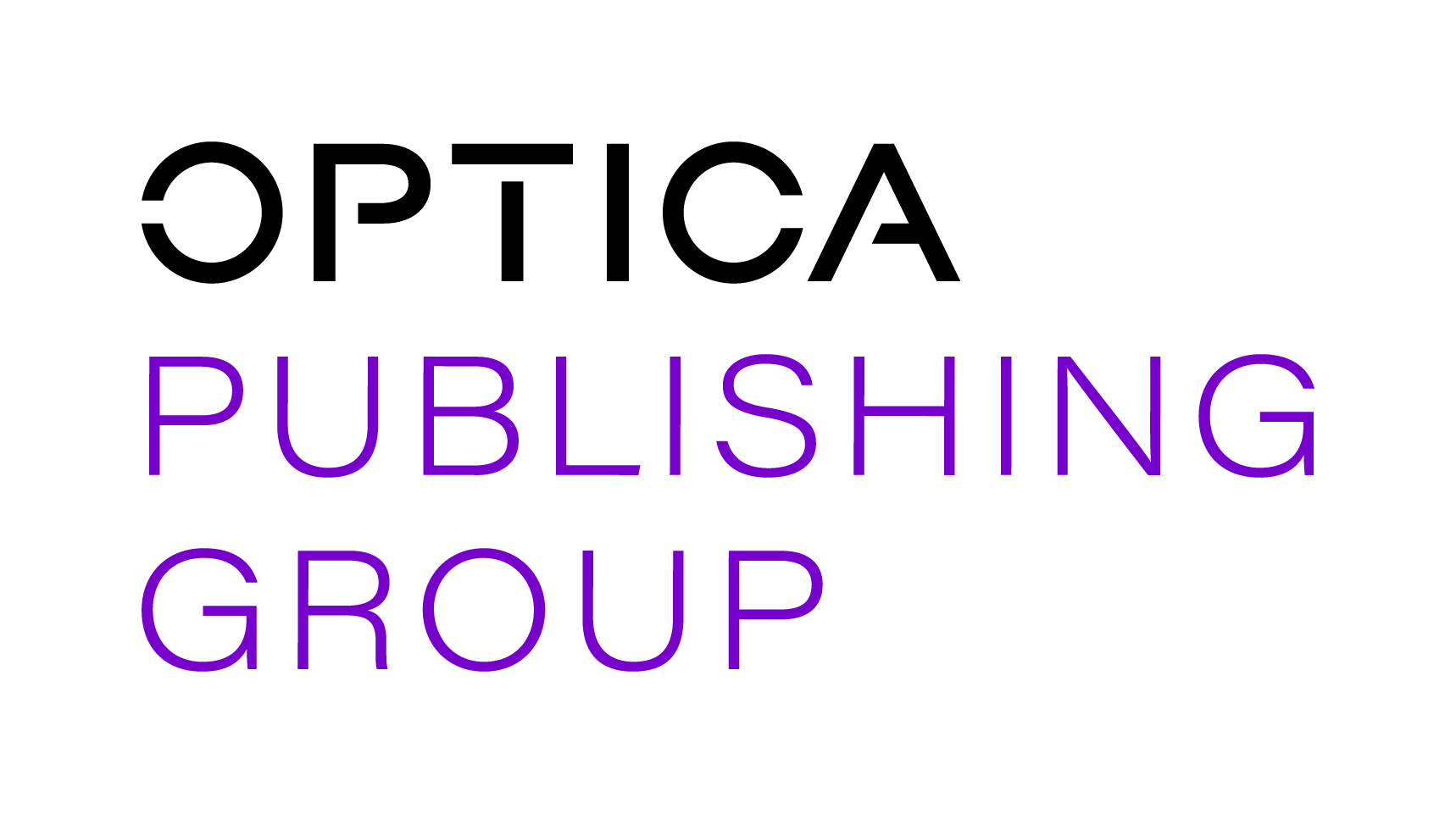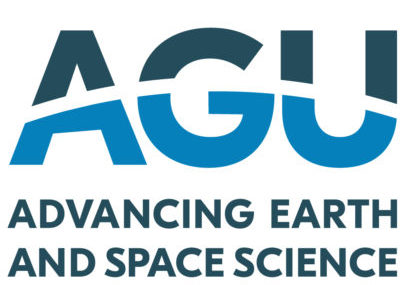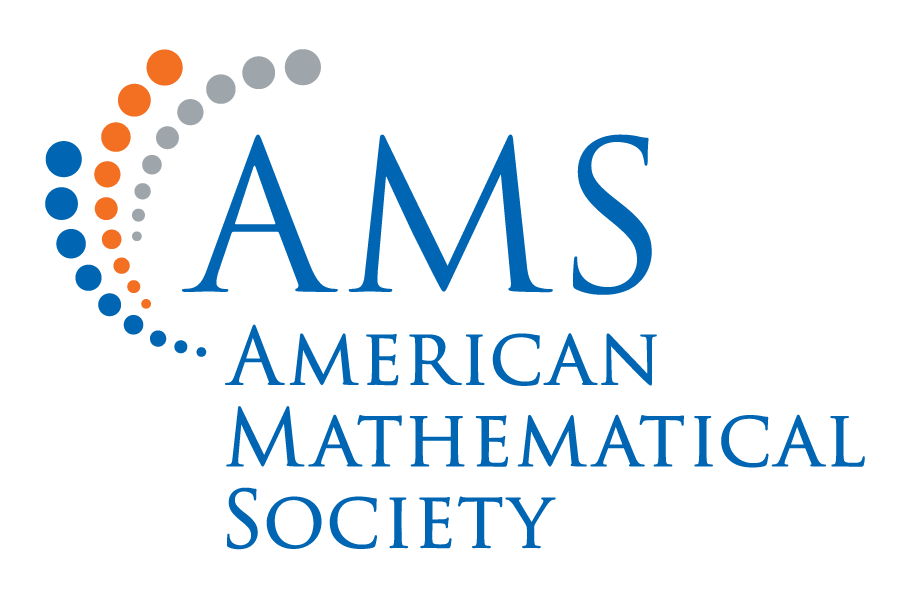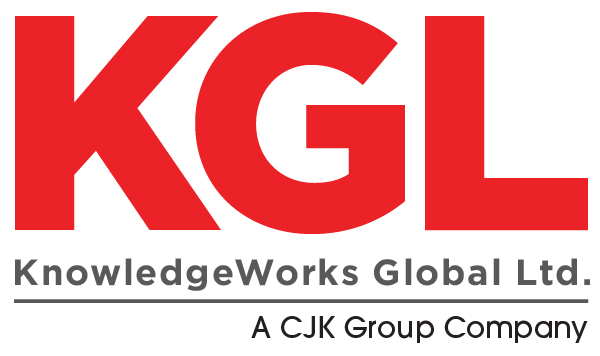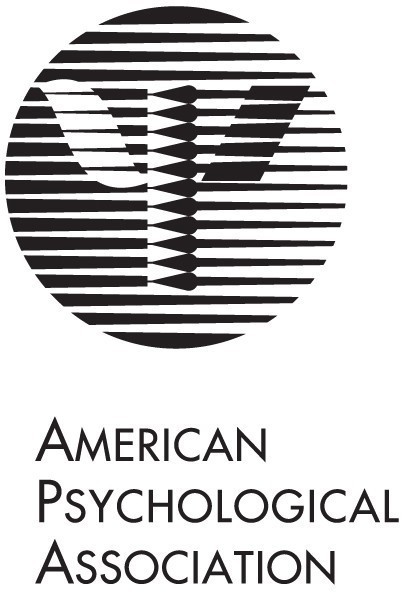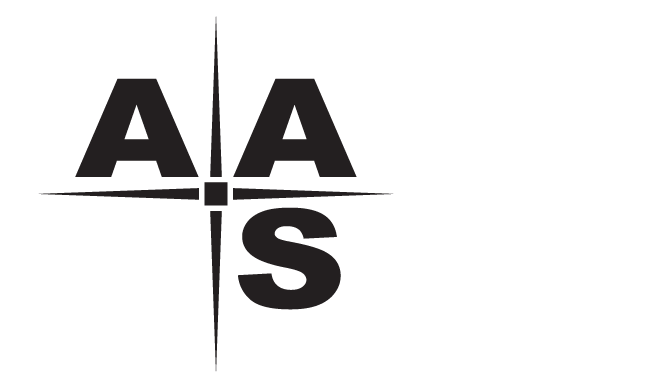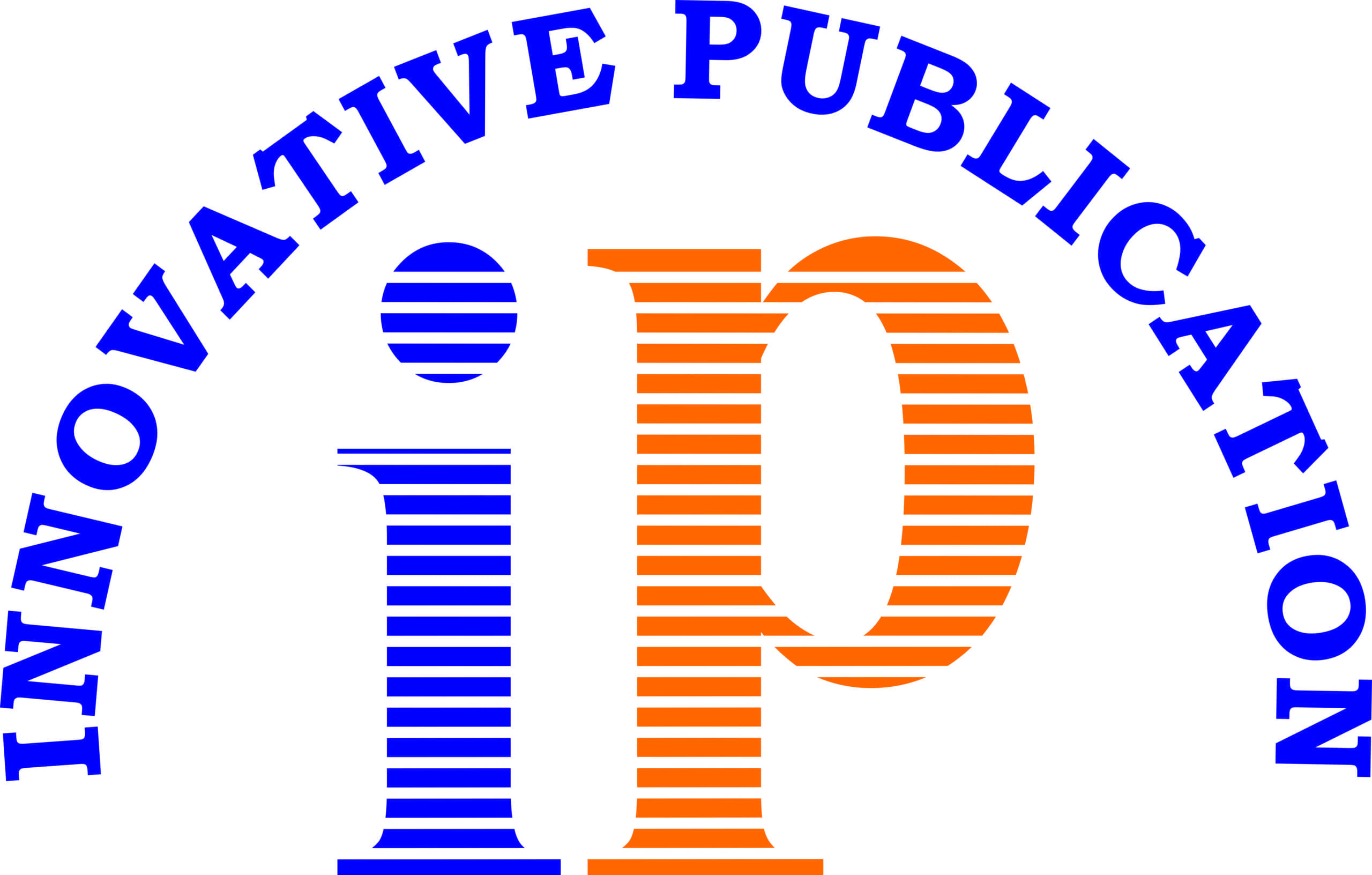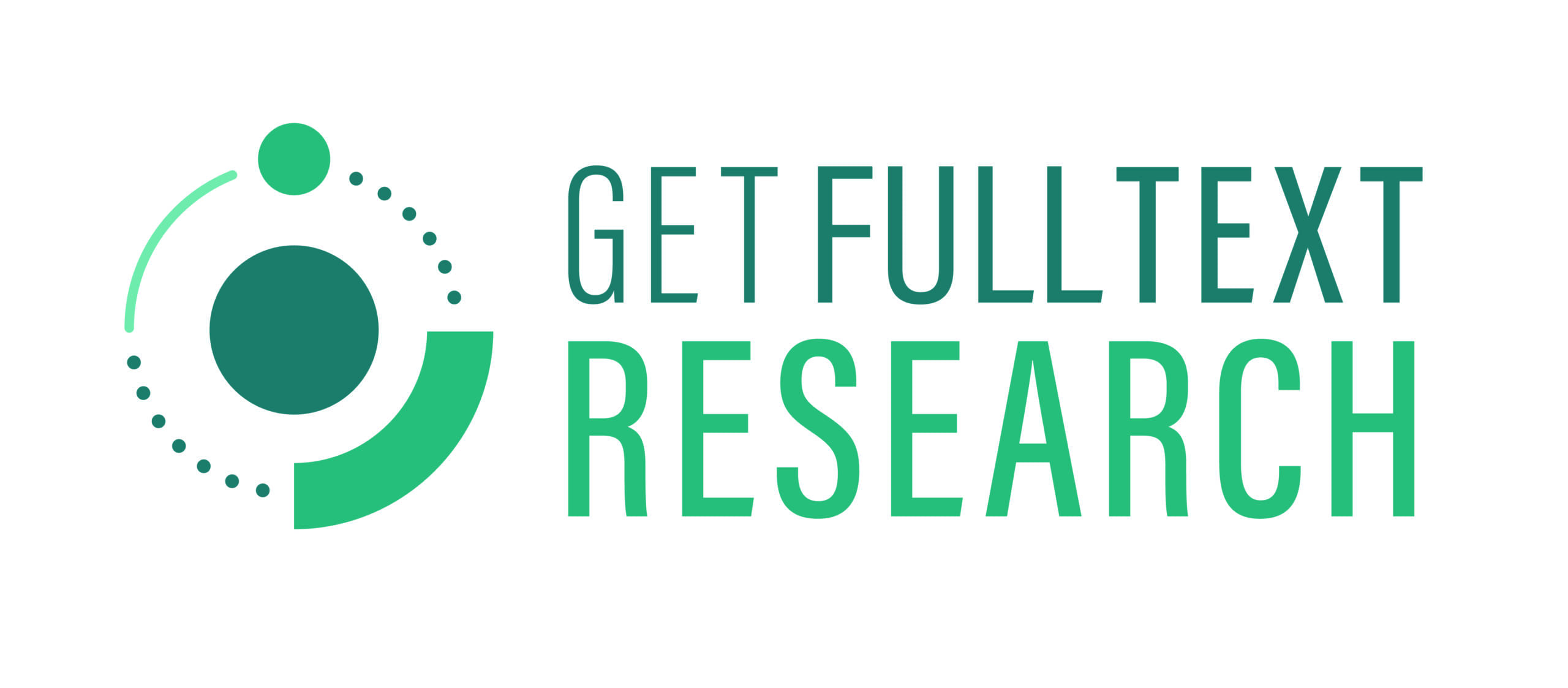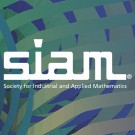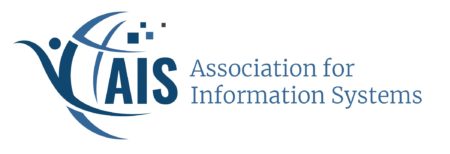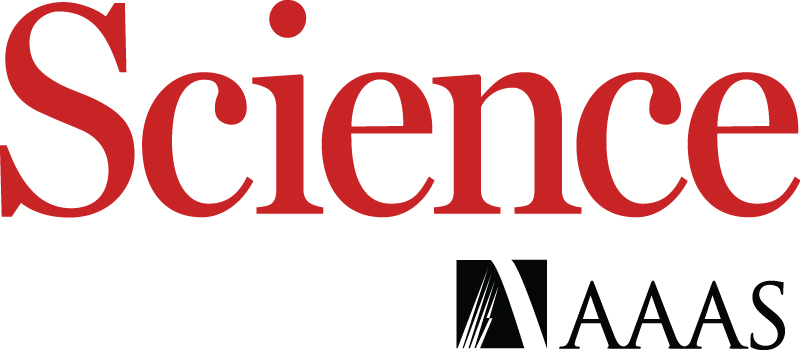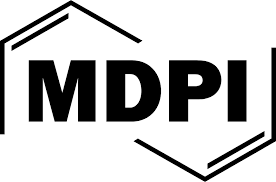The US Department of Energy (DOE) has signed a Participation Agreement with CHORUS to contribute to the implementation of DOE PAGESBeta, the DOE’s Public Access Gateway for Energy & Science. The agreement, which is effective immediately, solidifies the collaboration that was announced in August 2014 and moves a two-year effort into the next phase of production.
“The CHORUS and DOE agreement sets a course for advancing broad-based, sustainable public access, providing a roadmap for a successful public/private collaboration that yields benefits for the public and balances the needs of all involved in scholarly communications,“ said Howard Ratner, Executive Director of CHORUS.
The agreement outlines how DOE and CHORUS will leverage open standards, distributed networks, and established infrastructure to enable agency indexing of articles and advance access to publicly available research articles that acknowledge DOE funding. As DOE’s public access plan describes, DOE will use its longstanding agency scientific and technical information program and infrastructure to provide the article submission workflow for its national lab and grantee research community. It will also enable the long-term preservation and access to scholarly publications resulting from its research funding. The interoperable CHORUS framework, powered by CrossRef’s FundRef, will dovetail with the DOE infrastructure to facilitate access to the best available version of publications, including prominently displayed links to the publishers’ websites among the access options provided in DOE PAGESBeta search results. DOE will promote the accuracy and use of FundRef to ensure comprehensive coverage of DOE-affiliated metadata provided to DOE by CHORUS. DOE and CHORUS will also explore sharing aggregated usage statistics for the public benefit from their respective websites.
Dr. Jeffrey Salmon, Deputy Director for Resource Management at US Department of Energy Office of Science, characterized the agreement in a blog posted today, “Formalizing this collaboration can only propel our acquisition process leading to more comprehensive coverage of the landscape of articles,” and in emphasizing the complementary nature of this agreement to DOE’s internal author submission infrastructure, stated “Collaborations like this create a powerful synergy for the public benefit.”
